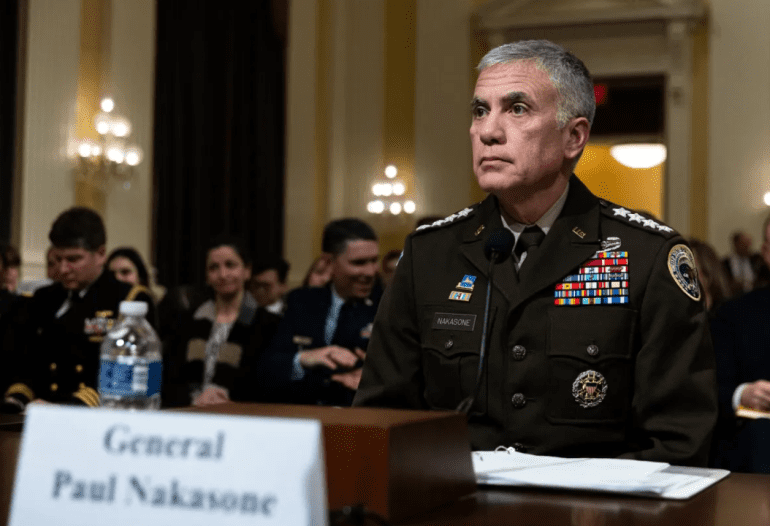- Retired Gen. Paul Nakasone, former NSA head, joins OpenAI’s board and its “security and safety” subcommittee.
- Appointment aims to address concerns over OpenAI’s rapid AI advancements and the need for robust risk assessment.
- Nakasone brings extensive experience from Army, U.S. Cyber Command, and NSA, despite past controversies.
- Strategic move to reassure stakeholders amidst OpenAI’s expansion into government and enterprise sectors.
- Emphasis on shared values of public service, despite scrutiny over data practices.
Main AI News:
In a strategic move, retired General Paul Nakasone, former head of the National Security Agency, has been appointed to OpenAI’s board of directors, announced Thursday. His role extends to the board’s pivotal “security and safety” subcommittee, aiming to address concerns over OpenAI’s rapid advancements in AI deployment, which some critics believe may outpace thorough risk assessment and security protocols.
With a storied career spanning the Army, U.S. Cyber Command, and the NSA, Nakasone brings unparalleled expertise to the table. Despite scrutiny over past practices, his appointment underscores a deliberate effort by OpenAI to bolster governance and mitigate potential risks associated with its technology.
As OpenAI expands its influence beyond tech into government and enterprise sectors, Nakasone’s institutional insights are poised to reassure stakeholders wary of unchecked innovation. His extensive network within state and military realms also promises strategic advantages for navigating complex regulatory landscapes.
Nakasone expressed alignment with OpenAI’s mission, emphasizing shared values rooted in public service. However, both entities have faced scrutiny for controversial data practices, raising questions about their commitment to ethical standards and regulatory compliance.
Moving forward, Nakasone will play a pivotal role in OpenAI’s safety and security committee, tasked with advising on critical decisions impacting project integrity and operational security. Amid ongoing evaluations of internal processes, this committee aims to fortify OpenAI’s framework against emerging AI risks, albeit amid recent personnel transitions.
Conclusion:
The addition of Gen. Paul Nakasone to OpenAI’s leadership signifies a strategic move towards enhancing regulatory compliance and security protocols. This alignment is poised to reassure stakeholders and bolster OpenAI’s credibility as it navigates complex market dynamics, particularly in sectors requiring robust AI governance and ethical standards.

